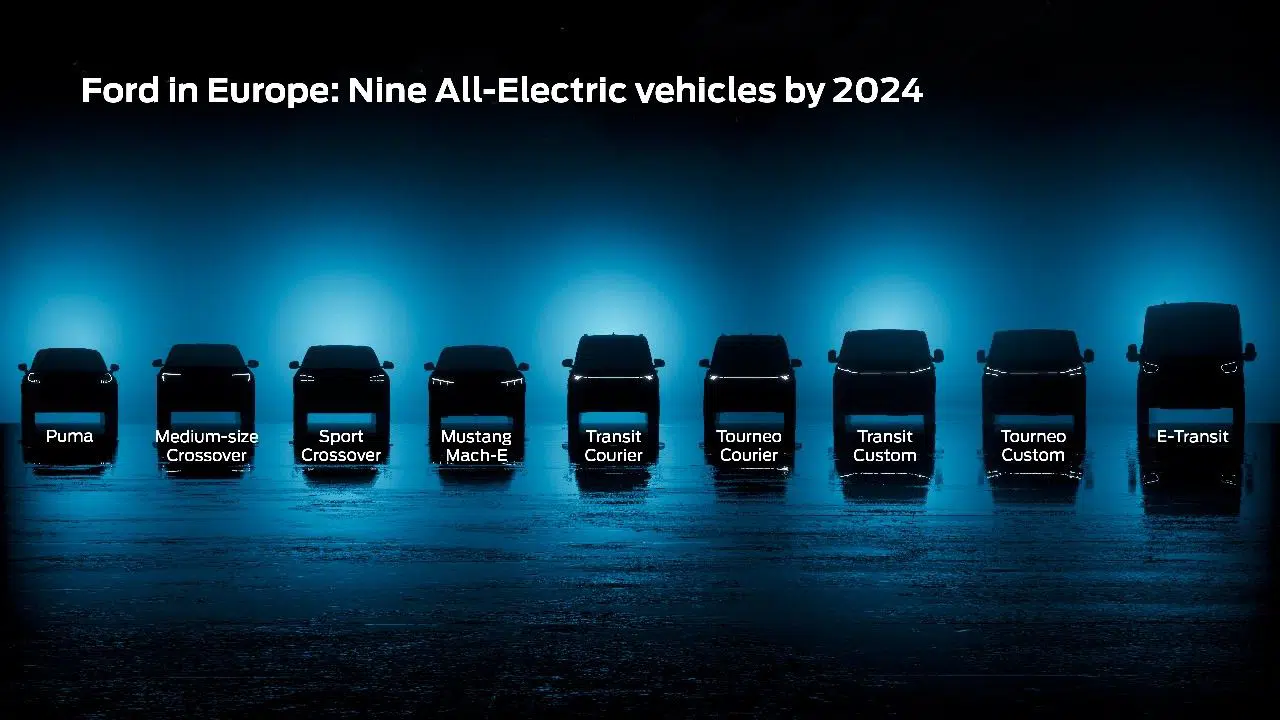Ford CEO sees price war for e-cars production
Many e-cars still cost significantly more compared to similar combustion models.
Some industry leaders don't think that will change anytime soon either, given raw material and battery shortages that continue to fuel commodity prices. Ford CEO Jim Farley, however, disagrees. He believes that electric car manufacturers will soon find themselves in a price war and that entry-level models will be available from around 22,500 euros.
With this view, Farley attracted attention at the Bernstein Strategy Conference in Glendale, USA. He assumes that the material costs for entry-level models will not exceed about 16,000 euros. The price limit of 22,500 euros would also make electromobility affordable for everyone.
That's quite a statement, since according to Farley, Ford's first all-electric model, the Mustang Mach-E, currently costs about 22,500 euros more than a comparable Ford Edge with a combustion engine. The battery costs alone amount to 16,000 euros, the charging unit 2,700 euros. Farley, however, assumes that there will soon be major price reductions due to new battery chemistry that is low in cobalt and nickel. In addition, electric cars could be produced much faster and with less labour, which would save costs. Ford also wants to reduce distribution costs, which are currently 1,800 euros higher than at Tesla. In return, inventories are to be kept small and advertising costs are to be reduced. The latter would not be necessary anyway given the current demand, according to Farley.
Future Ford electric cars will be designed to be "radically easy" to assemble. "Half as many brackets, half as many assembly stations, half as much welding, 20 per cent fewer brackets," is Farley's new motto. In addition, the focus is on improving aerodynamics to be able to get by with the smallest possible battery. Improving the aerodynamics of all-electric pick-ups alone would give them a range of 120 kilometres with the same battery size. This in turn saves 2,700 euros in battery costs if the range is kept the same.
To differentiate itself from the competition and generate additional revenue, Ford also wants to sell software services in the future, for example, driver assistance systems or features for autonomous driving.
In China, where more than half of all-electric cars worldwide are sold, he said, we can already see what he means. The best-selling e-van from the Chinese manufacturer Wuling only costs around 7,200 euros there.
It will not be easy to achieve these cost reductions, Farley admits. One would have to tackle many points at the same time. However, an entry price of about 22,500 euros would bring more customers to electric mobility, which would support President Joe Biden's environmental strategy. Surveys had shown that the high costs were still the biggest hurdle on the way to electromobility.
